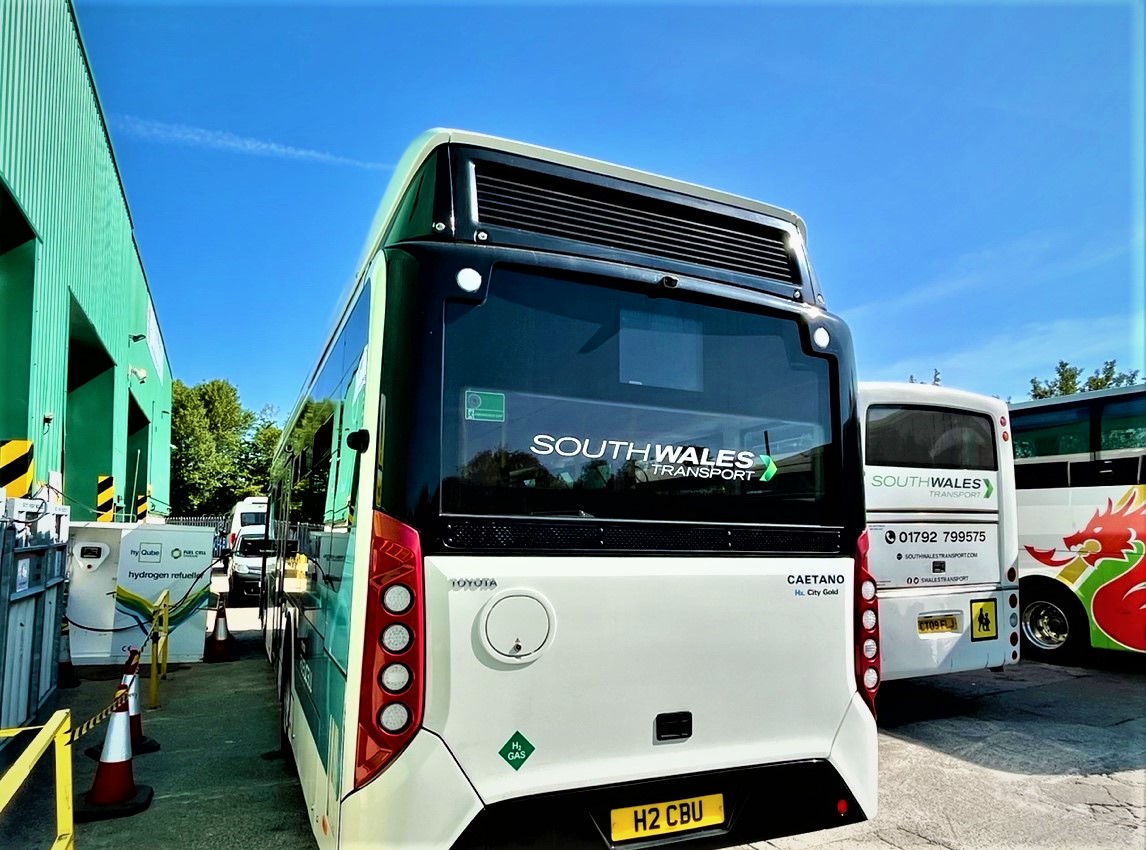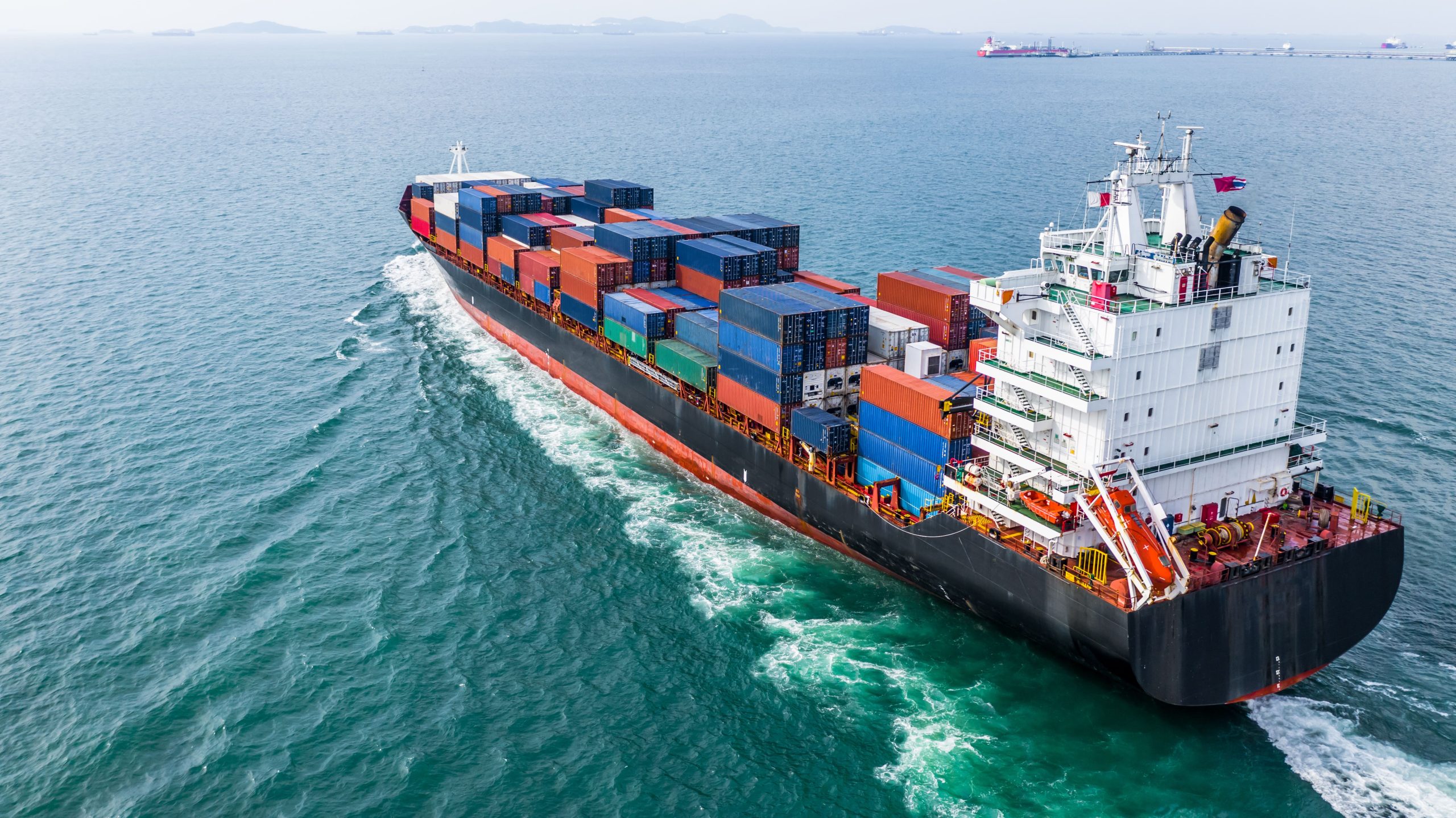Hydrogen Buses to Help South Wales Meet Net Zero Ambitions

South Wales Transport and Hyppo Hydrogen Solutions are working together to provide transport services to Neath Port Talbot and Swansea communities using local green hydrogen. How will this help South Wales meet its commitment to net zero?
Caetano Bus UK is providing the hydrogen-fuelled H2 City Gold bus with a HyQube refueler provided by Fuel Cell Systems.
Green hydrogen developer Protium will produce and supply hydrogen from its recently commissioned installation at the University of South Wales Hydrogen Centre in the Baglan Energy Park.
The hydrogen buses are a part of the council’s decarbonisation strategy
Neath Port Talbot Council’s Cabinet Member for Climate Change and Economic Growth, Cllr Jeremy Hurley, explained that the hydrogen bus trials are part of a bigger focus on decarbonisation.
He said: “We are pleased to support these trials as the use of hydrogen is very much part of the council’s Decarbonisation and Renewable Energy (DARE) strategy. Hydrogen-fuelled buses offer a practical solution for communities to decarbonise public transport and immediately improve air quality.”
These trials are great news for our county borough and the rest of the region as they could lead the way for cleaner public transport.
Swansea University exam students have recently been travelling on the bus as part of the University’s Park and Ride provision.
It is said that the bus trial will continue to run on the exam route and will be adding an additional route running between Neath Bus Station and Pontardawe.
The Neath route was chosen to see how the bus performs on long hills, which is a challenge for battery-powered buses and a great demonstration of the advantages of hydrogen vehicles.
In addition, the area has a long history with hydrogen as Sir William Grove, the 18th-century inventor of the fuel cell which converts hydrogen into electricity, was a Swansea resident.
South Wales also has deep roots in the hydrogen sector through its use in heavy industries such as steel and oil. Ensuring that the area educates both businesses and the public about which options are available in the future to become more sustainable is needed to become more environmentally friendly and meet net zero.
Swansea is continuing to focus on reducing public transport emissions
Swansea’s Sustainable Transport Strategy highlights how a great deal of positive work has been carried out in the area when it comes to seeing its public transport system become more sustainable.
Via its green fleet strategy, Swansea is continuing to deliver a 5 per cent year-on-year reduction in council fleet emissions and the council is investigating low-emission public transport alternatives through work with partners, to establish how vehicle emissions could be reduced in the future.
Bev Fowles, Managing Director of South Wales Transport revealed that when it comes to decarbonising South Wales’ transport system, hydrogen looks promising: “It’s great to be able to test new technologies such as the Caetano City Gold bus in real-world scenarios.”
I’m confident that hydrogen will help us achieve a net zero public transport system in South Wales.
With this project, Fuel Cell Systems is building on successful trials in Milford Haven. Here it supported Pembrokeshire Council and the Milford Haven Energy Kingdom project.
Also, the company was integral in the design of the hydrogen-producing Pioneer facility in Baglan developed by Protium and is looking towards additional production and refuelling sites in the region.

